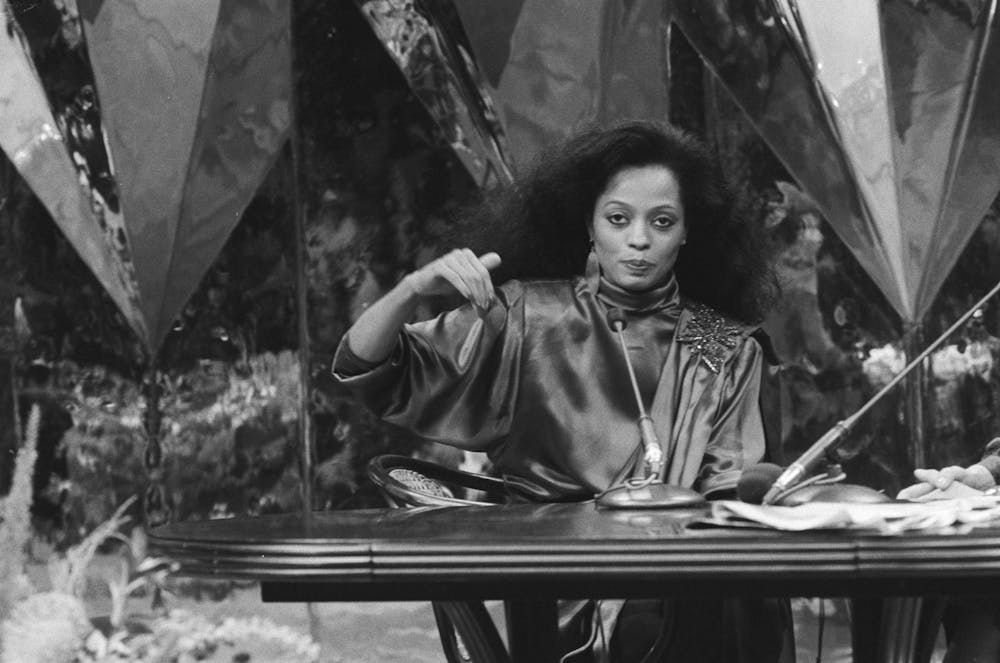On March 20, Washington DC History & Culture hosted a music history program to pay tribute to Diana Ross, whose extensive body of work has redefined music and film.
The event is just one of many virtual interactive music and art history events hosted by the nonprofit organization since September 2020, providing individuals around the globe with access to free, enriching and creative presentations.
Hailing from Detroit, Michigan, Ross first rose to prominence as the lead singer of The Supremes. With hits such as “You Can’t Hurry Love” and “Baby Love,” the Supremes became one of the best-selling female music groups of all time. After her exit from the group, Ross embarked on a bountiful solo career, releasing songs such as “I’m Coming Out” and “Upside Down.” In 2016, Ross was awarded the Presidential Medal of Freedom for her work.
Ross remained with Motown Records for most of her career until she signed with RCA records for seven years and $20 million, which was the largest recording contract offered at the time. Along with Ross, many notable artists were signed with Motown, such as the Temptations, Marvin Gaye and Stevie Wonder. As Motown’s most commercially successful group, they even came to have a major impact on the industries of fashion and film, according to Robert Kelleman, who led the presentation. Pictures of Ross’ style were shown throughout the presentation. Her taste, which was rooted in glamour, solidified her as a fashion icon.
After releasing a host of singles that remained under the radar, the Supremes eventually made their name with “Where Did Our Love Go?” After this point, the group became an overnight sensation, with five number one singles in the U.S. such as "Come See About Me" and "Stop! In the Name of Love.” Following the expansion of their career, the group became known as ‘Diana Ross and the Supremes.’
The Zoom event focused equally on both legs of Ross’ career, as well as her upbringing and life prior to her musical success. To progress the program, the presentation relied heavily on the sharing of music, including all five of the aforementioned singles. Kelleman explained that the event’s purpose was to introduce audience members to songs they hadn’t heard, or re-introduce them to songs that had slipped from their memory.
Kelleman also focused a great deal of the program on the historical context of the success of The Supremes and Ross. He shared that the changing tones of Ross’ music were closely tied to the events going on in American society, such as the Vietnam War. Some songs reflective of this change in musical tone include “We are the Children of the World,” and “You’re Gone (But Always In My Heart).”
Despite a number of technical difficulties, the program was well-rounded, interesting and generally enjoyable to attend. Catering to a D.C. audience, Kelleman made sure to point out snippets of Ross’ history that could be visited in the District, such as The Supremes poster that is displayed in the National Portrait Gallery.
In honor of her upcoming 77th birthday, the presentation was a lovely way to honor Ross and her extraordinary career.
Washington DC History & Culture will be hosting this event once more on March 26. Recordings of past events are maintained on their Facebook page.





